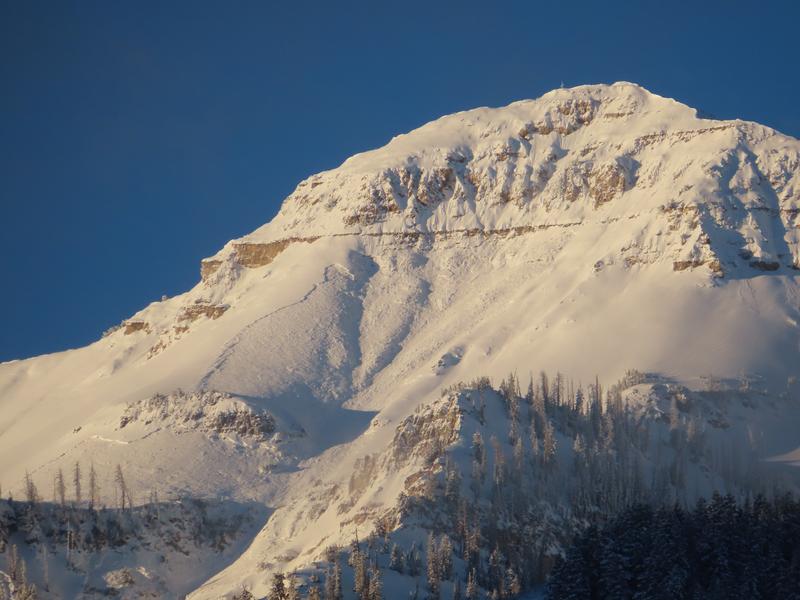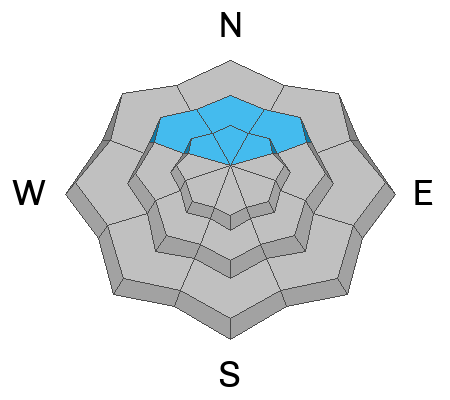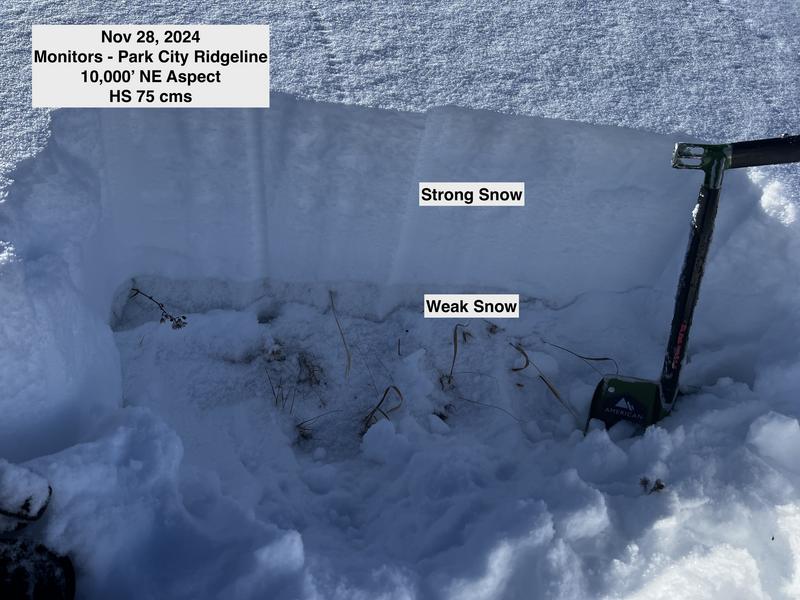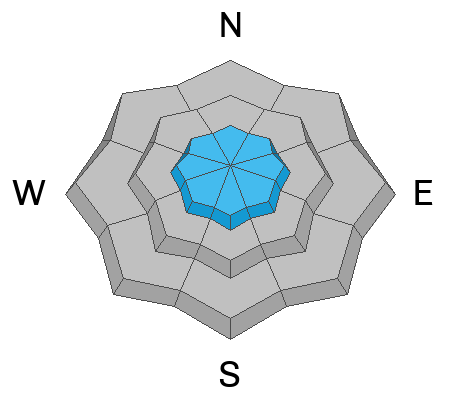Forecast for the Provo Area Mountains

Issued by Greg Gagne on
Friday morning, November 29, 2024
Friday morning, November 29, 2024
The avalanche danger is CONSIDERABLE on upper-elevation aspects facing northwest through north and northeast - and MODERATE at the mid-elevations on these aspects - where it is possible to trigger an avalanche up to 2' deep failing on a persistent weak layer of faceted snow down near the ground.
There is also a MODERATE danger on all aspects at the upper elevations for shallow wind drifts and small, wet-loose avalanches on southerly aspects.
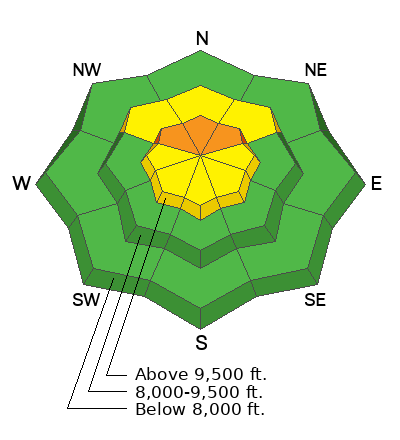
Low
Moderate
Considerable
High
Extreme
Learn how to read the forecast here


